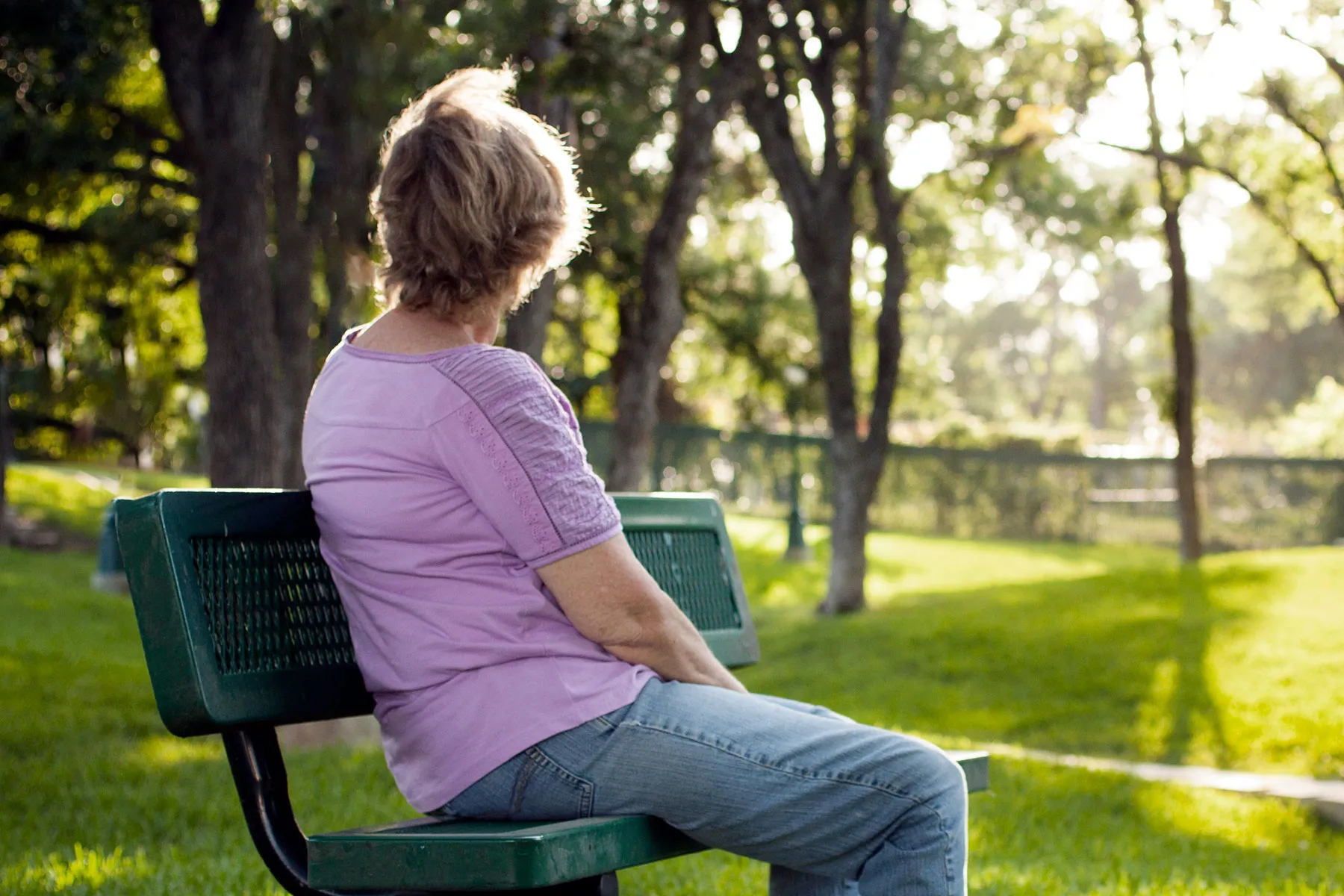Caregivers, health leaders and community health volunteers reflect on malaria vaccine implementation and how the new tool is reaching children at risk with life-saving malaria prevention
Africa’s Lake Victoria is the world’s second largest freshwater lake and its largest tropical lake. This awe-inspiring ecosystem supports a stunning variety of bird, aquatic and animal species. Unfortunately, the same ecosystem is also an ideal breeding ground for mosquitoes that carry malaria.
Malaria experts refer to the areas around the lake’s shore as Kenya’s “lake-endemic” region. Most people there have endured malaria infections, and many have suffered terrible losses, including children, malaria’s most common and vulnerable victims.
“When I was growing up, I suffered from several attacks of malaria, and I’ve seen children suffer from permanent disabilities,” says Vivienne, a mother of 5 from Chemelil market, a rural village outside Kisumu town. “My 3 oldest children suffer from frequent attacks of malaria. When that happens, they lose their appetite, suffer from fever, diarrhea, and vomiting, and become very weak.”
This life-long experience with malaria is the reason Vivienne and other mothers throughout this part of Kenya were enthusiastic about the arrival in 2019 of the world’s first malaria vaccine, RTS,S/AS01 (or RTS,S).
That year, the vaccine became available in parts of Kenya, as well as Ghana and Malawi, in a pilot introduction through the national immunization programme, under the WHO-coordinated Malaria Vaccine Implementation Programme (MVIP). The purpose of the pilots was to evaluate the public health use of the vaccine, including whether caregivers would bring their children to clinics for the 4-dose regimen and the vaccine’s impact on reducing childhood illness and death from malaria in routine use.
Nearly 4 years on, more than 1.4 million children have received the vaccine across the 3 pilot countries, of which, 400,000 children in Kenya have received at least their first dose.
The impact of malaria vaccine implementation
“Whatever we were using before, we reached a point where the burden [of malaria] plateaued, and we needed an additional tool,” explained Dr Gregory Ganda, Kisumu County Executive for Health.
More than 3 years on, the vaccine has become an important and life-saving additional tool alongside other malaria interventions, such as insecticide treated bed nets, indoor residual spraying, preventive treatment for pregnant women, and effective malaria medications.
Since the vaccine was introduced in parts of Kenya, hospitalizations for children under 5 for severe malaria have fallen substantially, and there is a drop in child deaths.
“Over the past 3 years, we’ve witnessed a significant reduction in pediatric admissions from malaria,” adds Dr Ganda. “It’s a great feeling as a doctor when you are considering closing a ward because of lack of patients.”
Meeting children of the malaria vaccine generation
Vivienne first heard about the malaria vaccine from Rose Akinyi, the community health volunteer who came to her home shortly after she gave birth to her 4th child, Isaac. In Kenya community health volunteers act as critical links between caregivers and the health care system. In addition to checking on Vivienne and Isaac’s health, Rose reminded her about the various vaccines routinely given in Kenya. Because Vivienne lives in one of the 26 sub-counties that took part in the pilot introduction, that included the malaria vaccine.
Isaac has now received all 4 doses of the malaria vaccine, while his younger brother, Moses, age 13 months, has received the first 3 doses.
“Isaac and Moses have suffered much less from malaria than my other children. The kids are stronger, and when they did get malaria, it was a lot less severe,” adds Vivienne.
In neighboring Homa Bay, Margaret Atieno’s daughter, Stella, recently received the 3rd dose of the vaccine. She explained how she wished her older children could have benefited from the added prevention.
“Having the vaccine is important because it is protecting my child,” she said. “I even wish you had another one for the bigger children so that they could be protected the same way Stella is protected.”
Overall, the verdict is resounding: the vaccine saves children’s lives, caregivers want this vaccine for their children, and more children at risk are being reached with this additional malaria prevention.
“The malaria vaccine has been a game-changer and a breakthrough. We’ve seen mortality go down in under-1 and under-5 children. People didn’t think we could have a vaccine for malaria, and now everyone’s excited,” said Dr Gordon Okomo, County Director of Health in Homa Bay County.
Kenya recently expanded delivery of the vaccine to more communities in the pilot areas, more than doubling access to the malaria vaccine and the Ministry of Health is committed to further phased introduction.
Leveraging new opportunities
Malaria vaccination visits are also creating new opportunities for healthcare workers to see children who might not otherwise come to health centers or hospitals—and screen them for any other missed vaccinations.
“[The] malaria vaccine has been an opportunity to help us follow clients and…to improve the uptake of other vaccines,” explains Maureen Atieno, nurse in charge of the maternal and child health clinic, at Homa Bay teaching and referral hospital. “When you follow-up for malaria vaccine we can identify people who have defaulted for other vaccines, including measles-rubella.”
Looking forward
Beyond Kenya, demand for the malaria vaccine is unprecedented. At least 28 countries in Africa plan to apply for Gavi support to deploy the vaccine. Initial supply is limited and will be allocated according to aframeworkthat prioritizes initial doses to children living in areas of greatest need. As supply increases to meet demand the vaccine will reach more children, within and across endemic countries. Increasing supply to reap the full benefits of the vaccine is a priority for WHO, Gavi, UNICEF and partners.
End note:
The MVIP is a collaboration of the Ministries of Health of Ghana, Kenya and Malawi, PATH, GSK, UNICEF and Africa-based evaluation and other partners; and funded by Gavi, the Global Fund and Unitaid. U.S.-based Open Philanthropy provided a grant to PATH for the expansion of vaccine use by the Ministries of Health in pilot areas, in collaboration with WHO, and using vaccine doses donated by GSK.
Note: This article have been indexed to our site. We do not claim legitimacy, ownership or copyright of any of the content above. To see the article at original source Click Here













